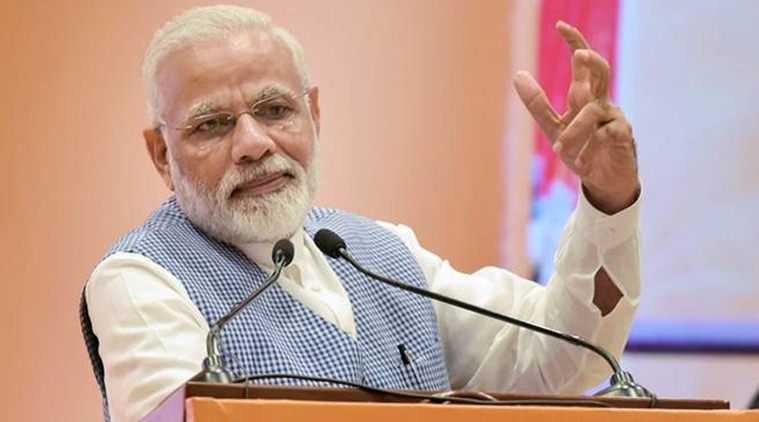 The immediate repercussions of Delhi not joining the programme will be felt by private hospitals.
The immediate repercussions of Delhi not joining the programme will be felt by private hospitals.
While the Aam Aadmi Party government has been publicly critical of the Pradhan Mantri Jan Arogya Yojana (PMJAY), saying it would not cover enough people, an email exchange between officials of the Delhi government and the National Health Agency (NHA) suggest differences over the scheme’s name are a key bone of contention.
On August 23 — exactly a month before the national rollout of the scheme — Dr R N Das, additional director in the Directorate General of Health Services, wrote to the NHA deputy CEO Dr Dinesh Arora: “Hon’ble Minister of Health, Government of NCT of Delhi, has approved the entering of MoU with the NHA. However, he has also minuted that name of the scheme will be ‘Mukhya Mantri Aam Aad(m)i Swasthya Bima Yojana Ayushman Bharat’ for implementation in Delhi.”
NHA is the implementing authority of PMJAY, the largest government health insurance plan in the world under which 10.74 crore families will be given an annual health cover of Rs 5 lakh.
On August 28, Arora wrote: “Since this is a national scheme with national character, it’s critical that the name of the scheme starts with Ayushman Bharat. This will also help us in operationalising portability and easy identification of beneficiaries. The state government can have any suffix after Ayushman Bharat.”
According to sources, that is where matters came to a head. As per the MoU signed with states, Ayushman Bharat will see a tie-up between their own health programmes and the scheme, and in each case the name of the NDA flagship health programme appears first. For instance, in Telangana, it is Ayushman Bharat Arogyashree; in West Bengal, it is Ayushman Bharat Swasthya Saathi; and in Andhra Pradesh, it is Ayushman Bharat NTR Vaidya Seva.
While NHA officials refused to comment, Delhi government spokesperson Nagendar Sharma said: “The mail from DGHS is about a minor issue. The real problem we have about the scheme, as the CM tweeted, is that just six lakh families in Delhi will be covered. We are working on a scheme where every family will be covered. Also, the Ayushman Bharat cap is low.” Asked about the cap the Delhi government has in mind, Sharma said: “Let us see how it works out. In any case, a lot of people in Delhi work in private firms and have company health insurance.”
The immediate repercussions of Delhi not joining the programme will be felt by private hospitals. NHA officials said 57, including Apollo, Max and Fortis, have made enquiries on how to get empanelled, but since the state is not on board, that process is on hold. So far, the only hospitals in the city empanelled directly with the NHA as Institutes of Excellence are RML, AIIMS, Safdarjung and Lady Hardinge. The MoU with AIIMS was signed on Tuesday.
“It is important that Delhi hospitals get empanelled even if Delhi government does not join because so many people travel to Delhi for treatment. They can get benefits of portability at least. It is unfortunate citizens of Delhi would not, but we are looking at two options to empanel them. They can either be empanelled directly with us or through Haryana, in which case Haryana rates would apply,” said an NHA official. Across the country, 24,697 applications have been received from private hospitals.